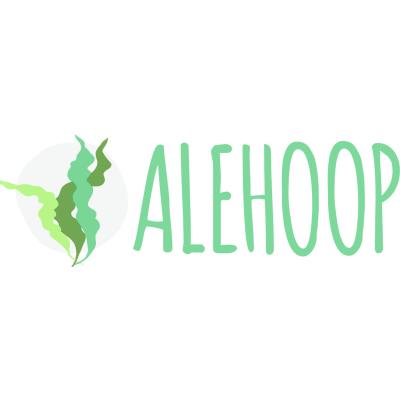
ALEHOOP
Biorefineries for the valorisation of macroalgal residual biomass and legume processing by-products to obtain new protein value chains for high-value food and feed applications

Biorefineries for the valorisation of macroalgal residual biomass and legume processing by-products to obtain new protein value chains for high-value food and feed applications
Proteins and amino acids are in high demand for their role in food and food production. The properties they add - solubility, viscosity, foaming, emulsifying and gelling - play an important role in determining the appearance, texture and stability of foods. As the demand for food grows to meet an expanding population, the demand for proteins will increase accordingly. Currently, the world requires more than 200 million tonnes of protein, just over half of which is derived from plant sources. Adding to the demand is an increase in meat consumption, which requires protein as animal feedstuff.
For Europe to meet its own demand for protein requires importing some 30 million tonnes of soy each year - a 95 percent dependency on imports. This is economically and environmentally unsustainable, as well as undermining the EU’s food security. It is therefore important to diversify where and how to source its proteins for the future.
The purpose of the ALEHOOP project is to demonstrate - at pilot scale - the feasibility of recovering low-cost dietary proteins from algae-based and plant residual biomass sources, namely seaweed and the by-products of legume production using biorefineries. This will convert the biomass into alternative forms of proteins for a variety of uses, ranging from animal feed, food additives and high-end applications in nutritional awareness and health management.
The overarching objective of the ALEHOOP project is to pioneer the development of new bio-based specialty ingredients derived from sustainable sources for a range of markets. If successful, it will pave the way to developing more sustainable and affordable protein supply chains, and ultimately helping bridge the EU’s current protein supply deficit with products that meet industry and consumer expectations.
The ALEHOOP project also has a number of specific objectives within this. It will:
By achieving its overall objectives, the ALEHOOP project will provide new insights and knowledge in ensuring the wider and more efficient use of proteins from alternative sources. In so doing, it will contribute to tackling the deficit in the EU’s soybean imports.
For the companies involved in the ALEHOOP consortium, it will boost their innovation capacity while creating new market opportunities in different sectors; legume and algae processing as well as the feed and functional food industries. It will also make contributions to specific BBI JU KPIs through:
In addition, the ALEHOOP project will have a positive environmental impact. By upcycling residual biomass in the ALEHOOP biorefineries, it will reduce food wastage and thus reduce unnecessary water and energy consumption and loss of biodiversity. This will assist in encouraging a shift away from animal proteins and will reduce their significant impact on GHGs.